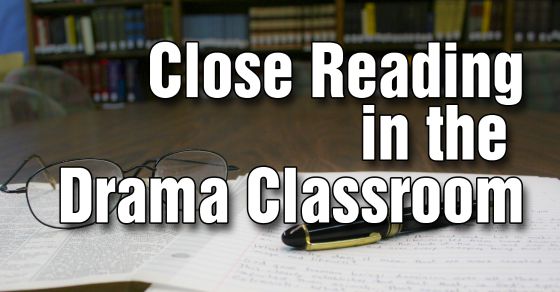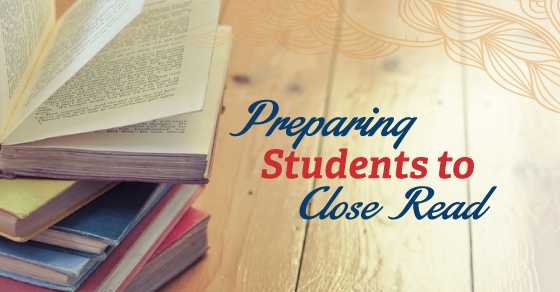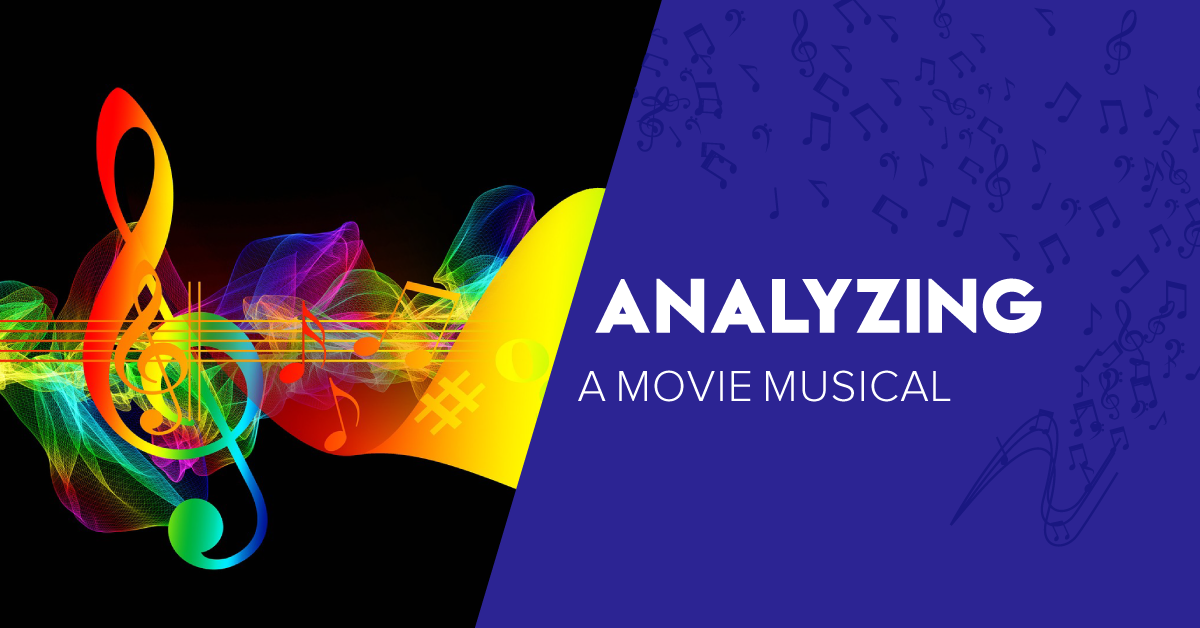Making Close Reading Active in the Drama Classroom
Your first reaction to using Close Reading in the Drama Classroom might be – Ugh! There’s no way my students will sit still for that. This is the only time they get up and get moving.
Fair enough. But if you’re doing any kind of script analysis in class, think about incorporating Close Reading into your program.
Diving into a script – any script, from Shakespeare to modern to absurd – and figuring out what’s being said, how it’s being said, word choice, punctuation, sentence structure, sentence meaning, why it’s being said, what’s the author’s intention – these are the actions of analyzing a script. They become the building blocks of character development. They help a director form their vision. They are also the actions of close reading.
To close read is to look at a text in-depth. It is a detailed specific reading of a text – usually a short text (like a monologue). During the process, students read the text three times, discuss the piece, answer questions. They have to draw conclusions and make inferences as to what the writer is trying to say.
To read a text closely is to be an active reader – that is what we want from our students. We want them engaged with what they are reading, thinking about what they are reading, understanding what they’re reading. Close reading helps students to get to know that text inside and out.
But how do we make close reading active?
Close Reading CAN be Active. After you close read a text, you want to apply the information in some way. And the best way to do that is get students on their feet. Use a culminating activity to visualize what you’re learning.
For example, let’s look at the title “Death of A Salesman.”
In a Close Read, the first time through we’re looking at WHAT is happening. There is a lot happening in this title – “Death” and “Salesman.” We know what’s going to happen to the Salesman. We know that the Salesman is probably the main character. And we know that the play is probably not a comedy. Question: Who is the salesman?
For the second read, we’re looking at HOW the text happens. The structure, the punctuation, the word choice. And there’s some specific word choice here. “A” Salesman. Not “The” Salesman. Does that mean this character isn’t very important? He could be anyone. He’s not even named. He’s just his job. Question: Why does the author identify the main character as “a” salesman?
For the third read, we’re looking at the WHY. Why is the author presenting the theme this way? Why does the author tell us the end of the play before it happens? One possibility is because death is inevitable. It’s not going to matter that we know ahead of time. The tragic events of the play still hold weight, even though we already know the ending. Question: Based on the title, can you draw a conclusion as to why the author gives away the end of the story?
So then, what is the culminating activity? Visualize and physicalize the title before anyone has read one word of the play.
- Tableau it. What images come to mind in the death of a salesman?
- Make the title move – how do you physicalize someone who is just “A” Salesman and not “The” Salesman? How do they get lost in a crowd?
- Create a stage picture that shows the inevitability of death.
To learn more about Close Reading in the Drama Classroom , preview my course over at The Drama Teacher Academy. You’ll find a step by step guide to the Close Reading process, exercises, handouts and on-feet activities specifically designed for the drama class.



